SLC S22 Week 2 - Herbs for Pets
First of all I would like to thank steemit blog for choosing the best teachers and teachers for our homework task and we are getting our homework from these teachers and we are very hard working. are working from and especially this teacher @afzalqamar is showing excellent performance and we are doing his homework with great enthusiasm.SLC S22 Week 2 - Herbs for Pets
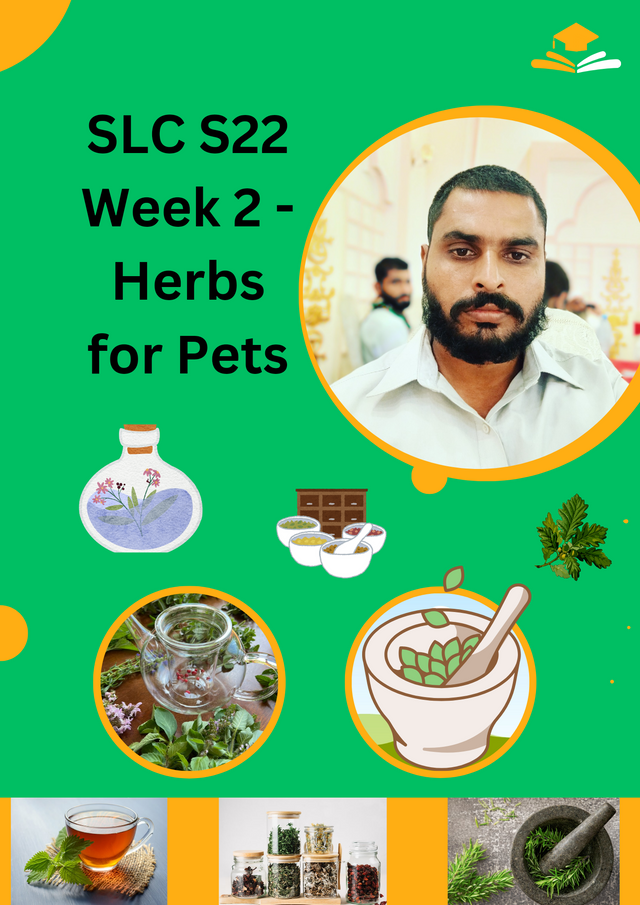
canva editing

Herbal Stomach Treatment for Pets: Mint, Ginger, and Fennel
Natural cures have had faith and people have put their trust on these natural products for they relief and cure of various human and veterinary ailments. Of all these herbs, mint, ginger, and fennel are particularly strong in the relief of stomach ailments in pets. The natural compounds in these ingredients also promote digestion of foods and help those with symptoms such as swelling, vomiting, and indigestion. In the next section, the advantages of each are highlighted and there is a simple recipe for an herbal mixture that can be safely given to pets with upset stomachs is listed step by step.
A herb that is highly beneficial is mint and along with ginger, and fennel have numerous benefits.
1. Mint
That’s why, mint, especially peppermint is a rather calming herb, which is used to treat various digestive disorders. It aids to un Svenska - Svenska Oversättning – This contributes to the relaxation of the muscles in the region of the gastrointestinal tract, decrease in gas formation and Read more about the situation related to the usage of u Svenska - Svenska Oversättning – Detta bidoger till att slappna av musklerna i detta organ-område, minskad gasbildung und Tankar kring situationen gällande Mint also encourages the secretion of the bile, a substance that helps in digestion of fats and promotes absorption of nutrients. It is safe for pets; it works when there is upset stomach and help in improving their breath smell.
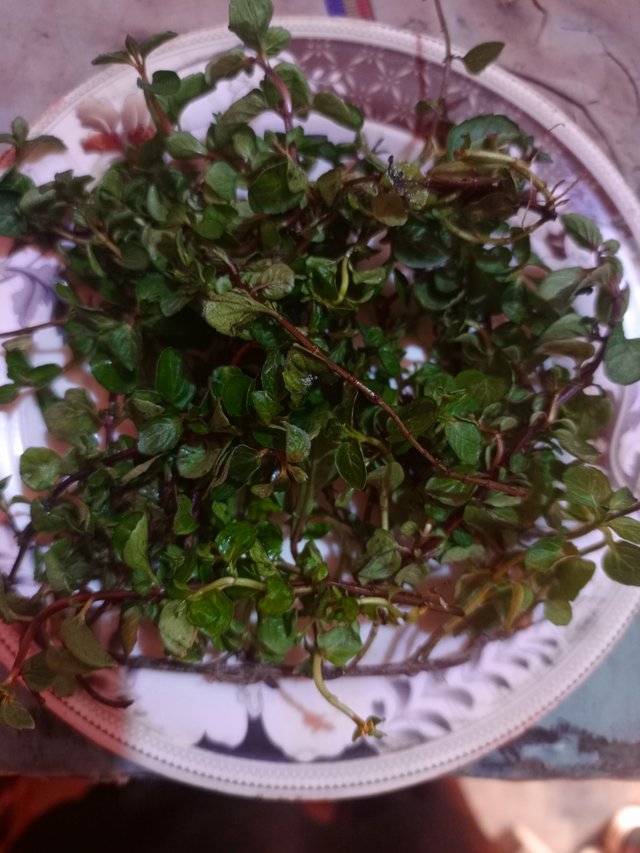
2. Ginger
Ginger is used extensively to cure inflammation and nausea conditions. This is attained through increasing the motor activity of the stomach and therefore ensuring that food is well contracted within the stomach. This makes it suitable when used for pet that have complaints involving motion sickness, vomiting or simply poor digestion. In the same regards, ginger has the ability to lessen inflammation in the intestines, so the timely results of its implementation are timely.
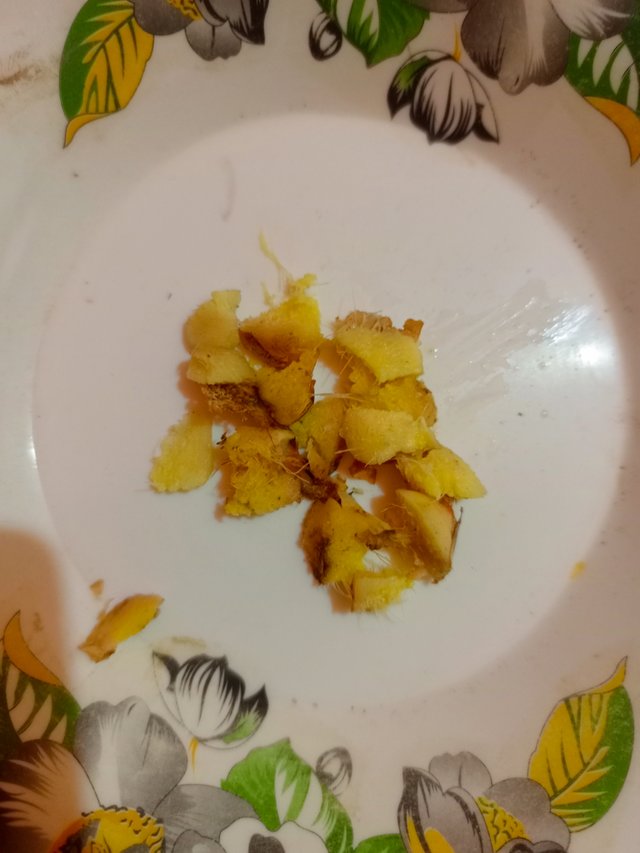
3. Fennel
Fennel is another good candidate for regulation of digestive system as well. Its carminative action in the body helps to ease flatulence and bloating while it has antispasmodic impacts that ease intestinal ache. Some fennel seeds also have moderate antibacterial properties to flush out bad bacteria in the digestive system. In regards of pets, this herb is very beneficial in diseases associated with digestion and loss of appetite.
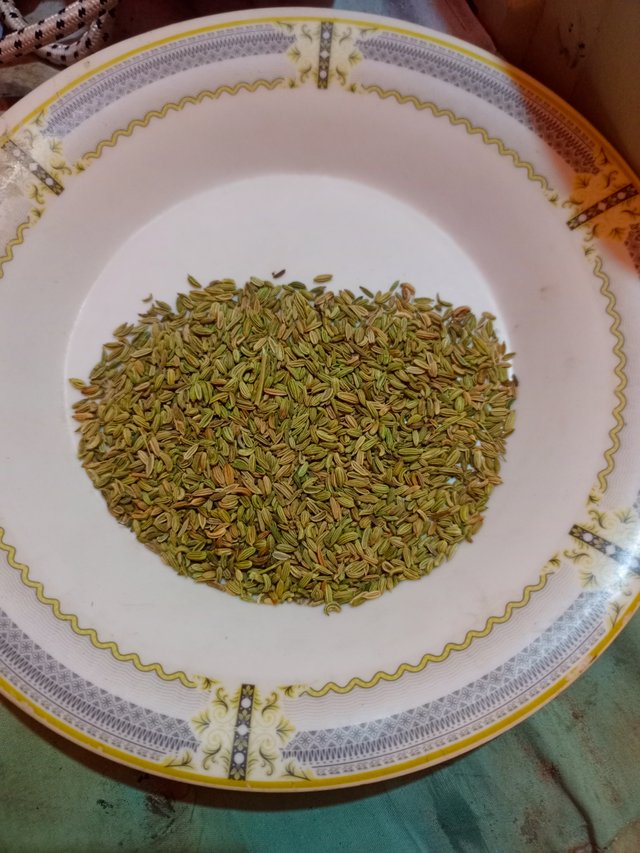
Natural herbal treatment for pets’ stomach problem
Ingredients:
Mint leaves: 1 tablespoon of fresh herb, finely chopped
Ginger root: ½ teaspoon (grated)
Fennel seeds: 1 teaspoon (crushed)
Water: 1 cup
Instructions:
- Prepare the Ingredients: If using fresh mint wash the mint leaves and if using dried ones then season them, grate fresh ginger and warm the fennel seeds to open them up.
- Boil the Water: Boil one cup of water on a medium flame in the same pot.
- Add the Herbs: They also help boil the water and then bring the heat down to allow simmering before adding mint, ginger and fennel into the mixture.
- Simmer: Bring the concoction to boil then let it simmer for between five to seven minutes in order to release the value of the herbs.
- Strain: Take out the pot form the heat and discard the herb residues following the straining of the liquid.
- Cool: You may be allowed to let the remedy cool to room temperature before administering it to your pet.
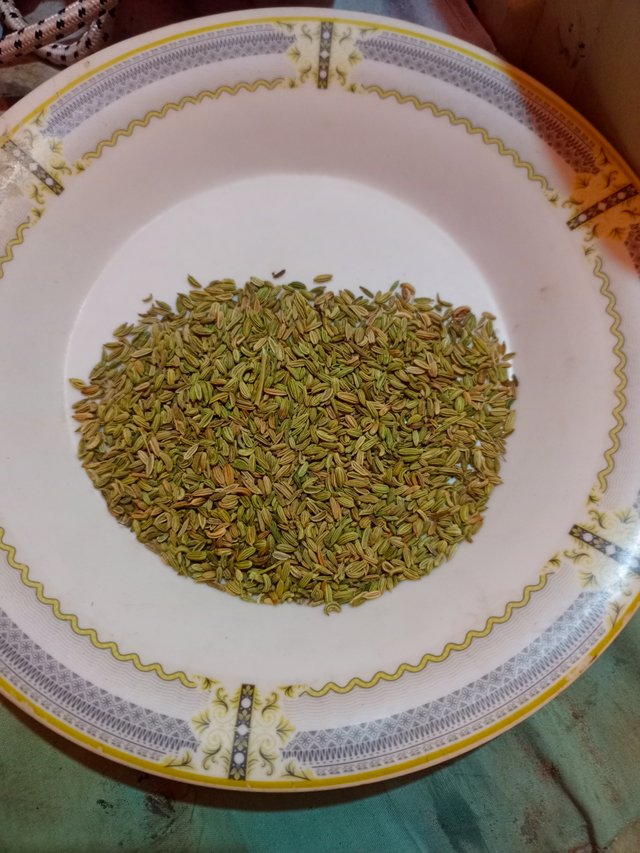
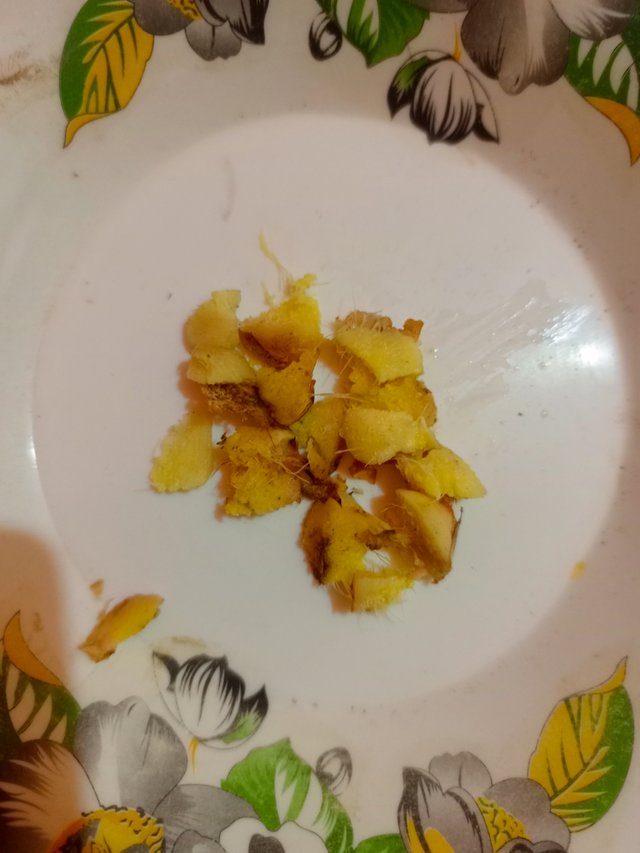
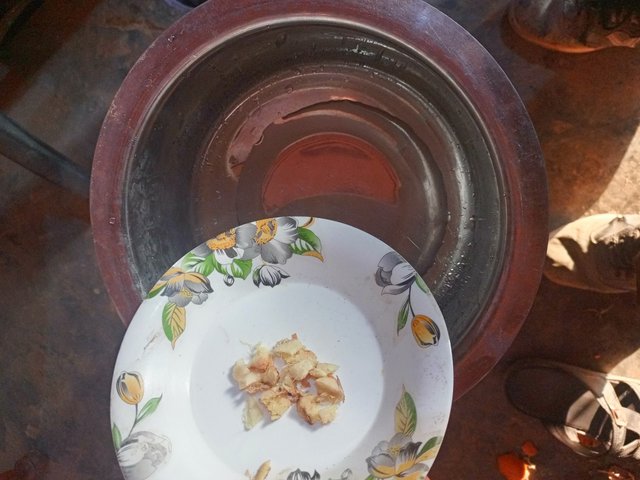
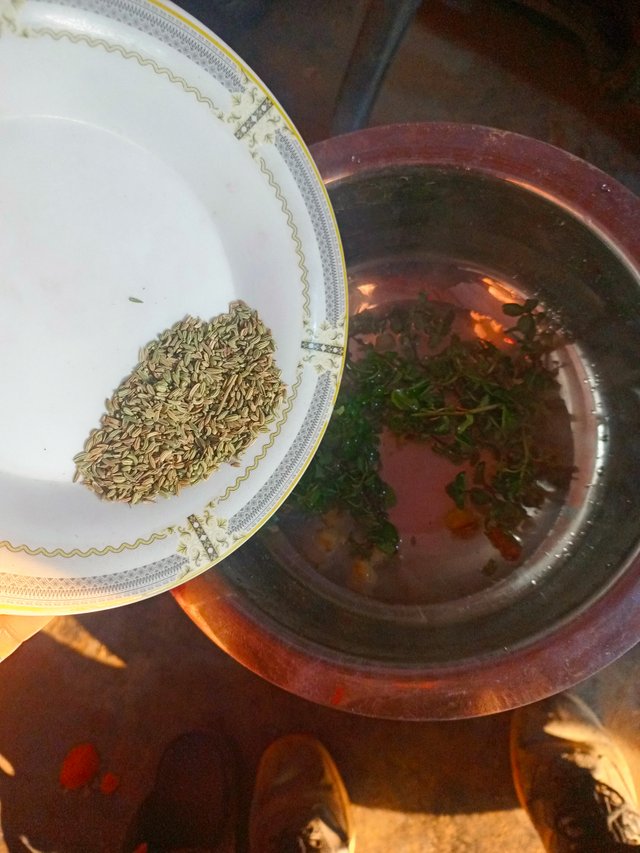
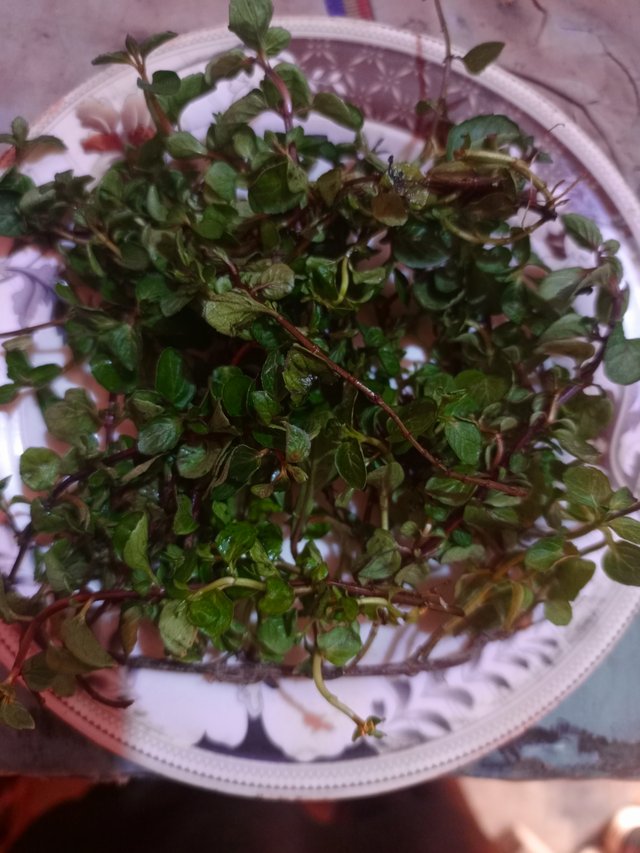
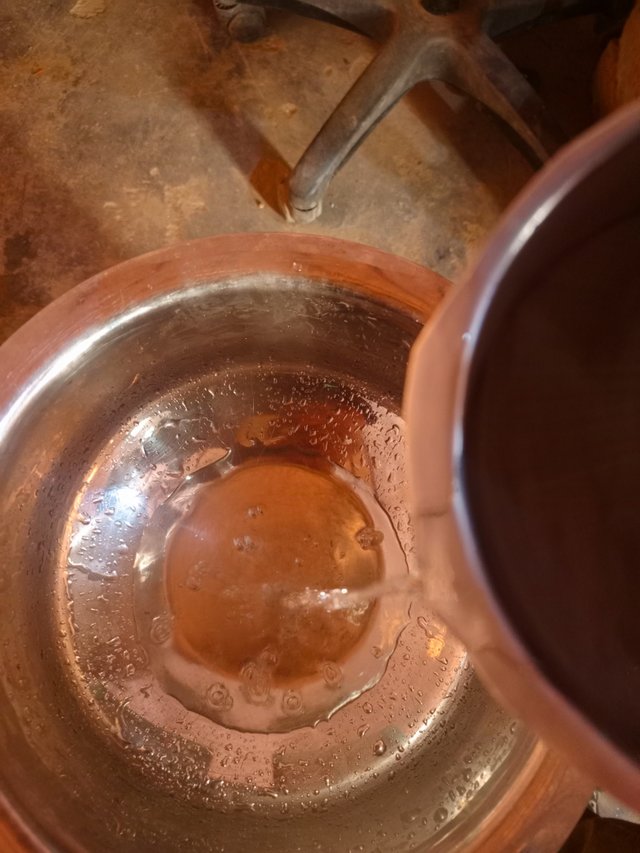
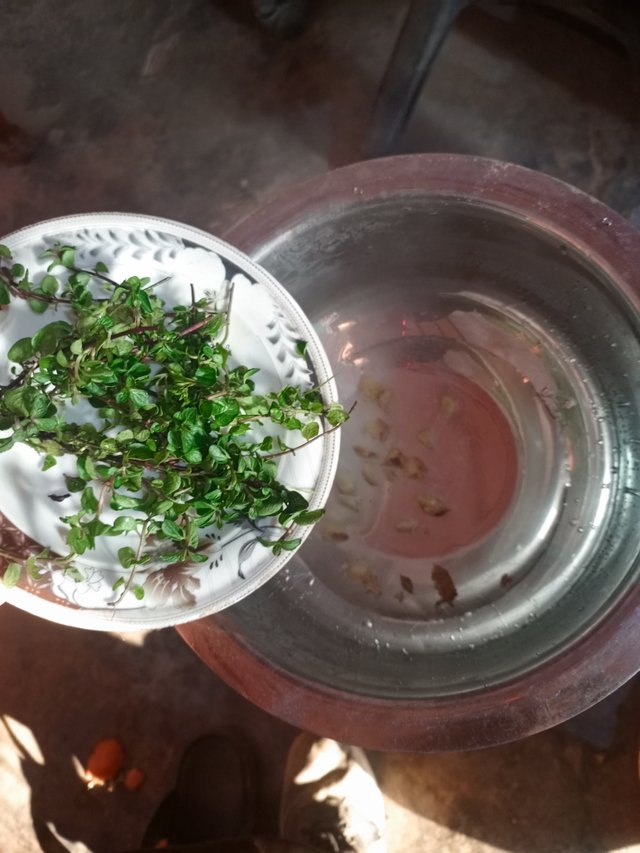
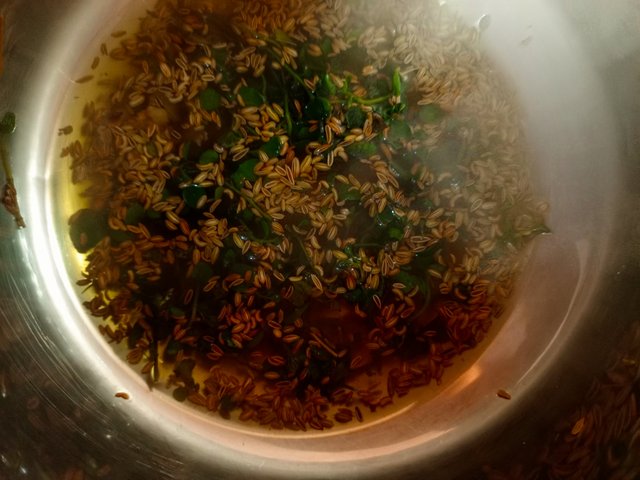
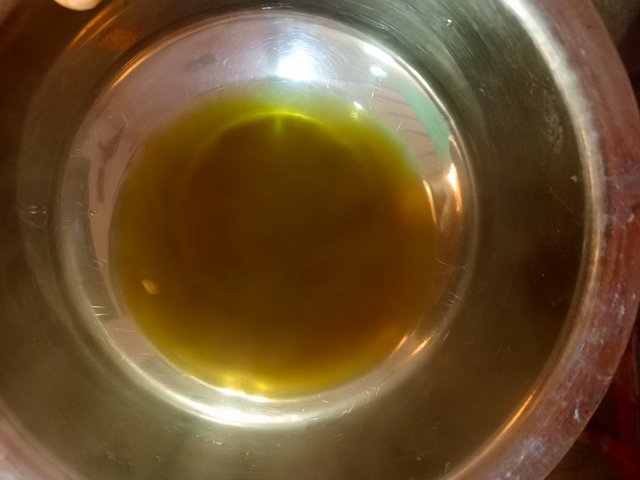
How to Administer the Remedy
For pets, dosage is critical to ensure safety:
Small pets (cats, small dogs): 1–2 teaspoons of the mixture.
Medium pets (15–30 lbs): 1–2 tablespoons.
Large pets (over 30 lbs): 3–4 tablespoons.
Administer the remedy once or twice a day if the stomach irritation is acute or severe. Always observe the progress of your pet, or other signs that might show it is having an allergic reaction.
Benefits of the Remedy
This herbal remedy works synergistically to soothe your pet’s stomach:
Relieves Gas and Bloating: When used in combination with each other mint and fennel will help to overcome digestive problems and release the bubble-like trapped gas.
Reduces Nausea and Vomiting: The use of ginger can quickly treat nausea hence this remedy will suit pets that frequently develop motion sickness.
Improves Appetite: Fennel has a distinctly mild sweet flavor, which describes it as an appetite enhancer with smooth digestion.
Anti-Inflammatory Properties: Ginger also has an ability to decrease inflammation within the gastrointestinal tract to improve the overall health of the gut in the long-term.
Precautions
Remember to talk to your vet before using new remedies because those with chronic conditions have delicate health.
It is, however, important not to feed large quantities of the spices especially to the sensitive stomached animals, the ginger may slightly irritate the lining of the stomach.
There is a claim that may cause acid reflux, therefore it should not be given to a pet that has a record of suffering from this case.
Therefore, mint, ginger as well as fennel is natural and safe solution you can offer your pets for digestion problems. If administered in the right manner this herbal treatment provides comfort and a general well-being to your pet animal.
Natural Flea Spray That You Can Make With Neem Leaves, Bay Leaves, and Garlic
Fleas pose a very irresistible challenge and can cause major headaches to the pet owner’s bedroom while also becoming a household menace. Chemicals when used may work best but they may have severe effects to your pet’s health and also affects the environment as well as your family. An organic flea spray using Neem leaves, basil leaves, and garlic is another form of treatment which is safe for use. In this article, the reader will learn how to prepare, apply as well as the advantages to be derived from this homemade cure.
One may wonder why Neem leaves, Bay leaves and Garlic are used?
These ingredients have been used in traditional remedies for centuries due to their natural pest-repellent and antibacterial properties:
Neem Leaves: Used for many things including antifungal, antibacterial, insect repellent, neem leaves contain a compound called azadirachtin that reduces fleas from breeding and growing. Neem also has some license on aggravated skin, which minimize itching and inflammation that is relative to flea bite.
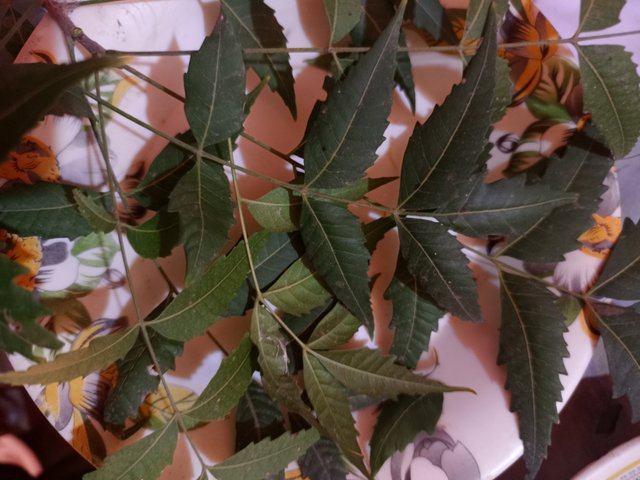
Bay Leaves: Bay leaves have the abilities to discourage fleas and other insects since they hold cineole and lauric acid. They are effective since they give a strong scent that would chase away fleas, and have a killing effect on bacteria that are usually found in places that fleas are likely to have laid their eggs.
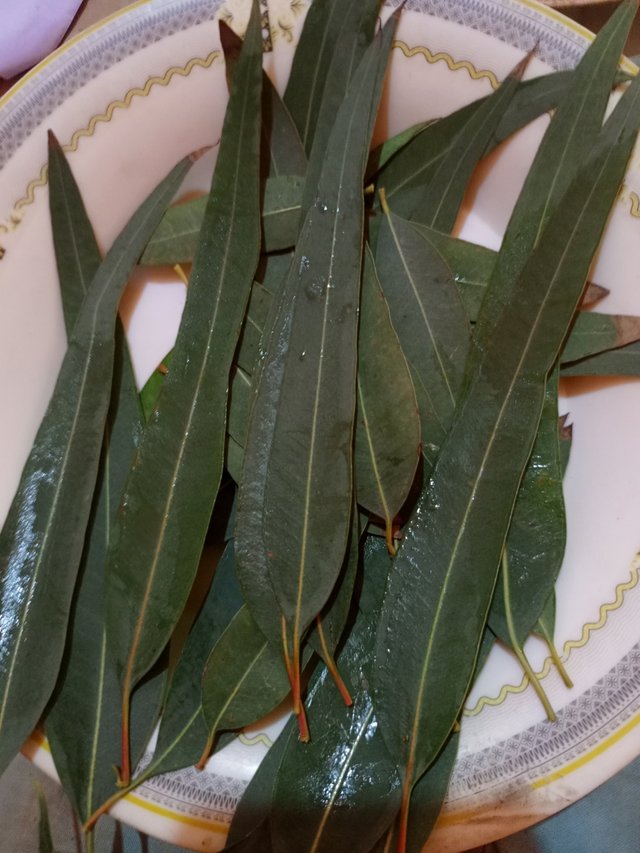
Garlic: Allicin, the active compound in garlic has deterrency effect that repels insects. When used restrictedly in concentrated solutions in sprayers, it does a wonderful job without posing harm to animals, including man. Garlic also contain antifungal and antimicrobial effect that which make the remedy potent.
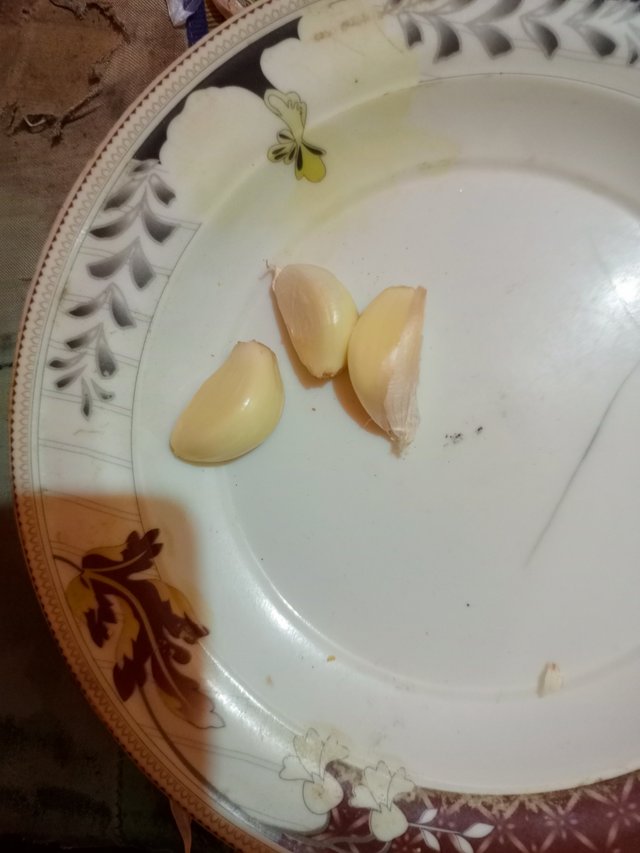
Preparation Steps
Ingredients:
10-15 fresh neem leaves
5-7 bay leaves
4-5 cloves of garlic
5 cups of water
Spray bottle
Step 1: Clean the Ingredients
- However, first, the neem leaves and the bay leaves should be washed with clean running water to remove any dirt that might be on the leaves.
- Trim the four sides of the garlic cloves and flatten them gently with the back of a knife to open up the skin to release oils.
Step 2: Boil the Mixture
- In another pan fill water upto 2 cups and let it boil.
- Once the water starts boiling add the neem leaves, bay leaves and crushed garlic to the boiling water.
- Lower the heat add the sugar and allow the mixture to cook for 15-20 minutes until the sauce thickens slightly. This makes it possible for the beneficial compounds to dissolve into the water.
Step 3: Cool and Strain the Liquid
- Turn the saucepan off and allow the mixture to cool to room temperature.
- Pour the mixture through a fine mesh sieve of a strainer, or cheesecloth in order to filter out all the remaining solids.
Step 4: Transfer to a Spray Bottle
- After straining the liquid as stated above, transfer it to an emptying clean spray bottle.
- Keep the spray out of the reach of children and away from direct sun light. It can be used up to 2 weeks.
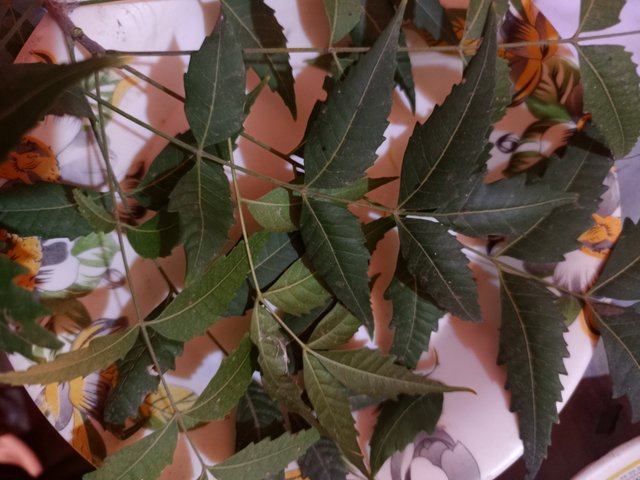
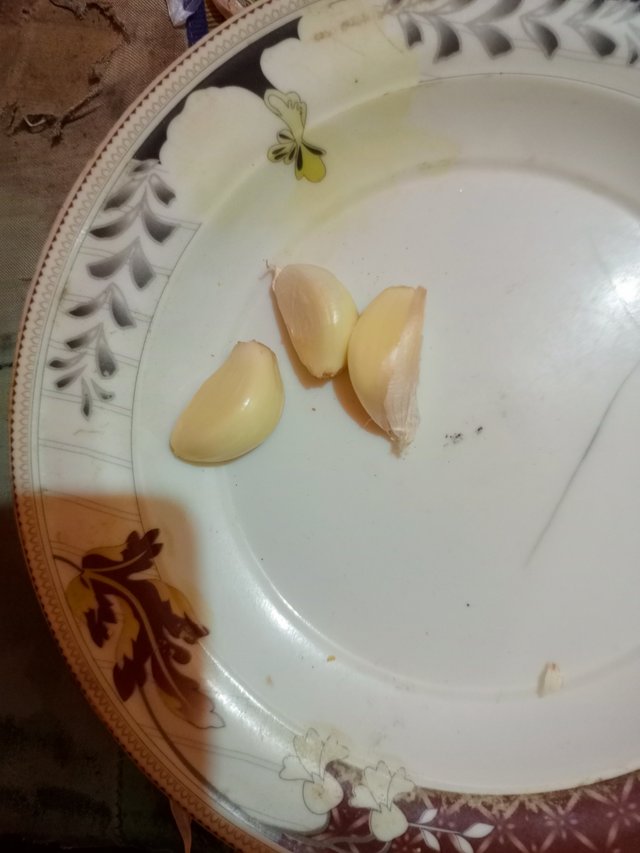
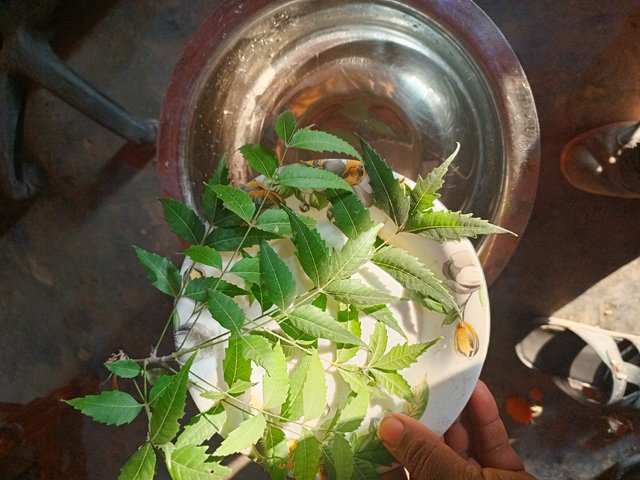
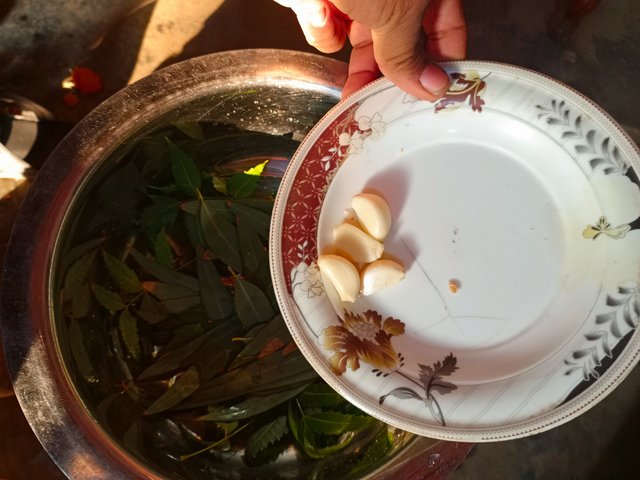
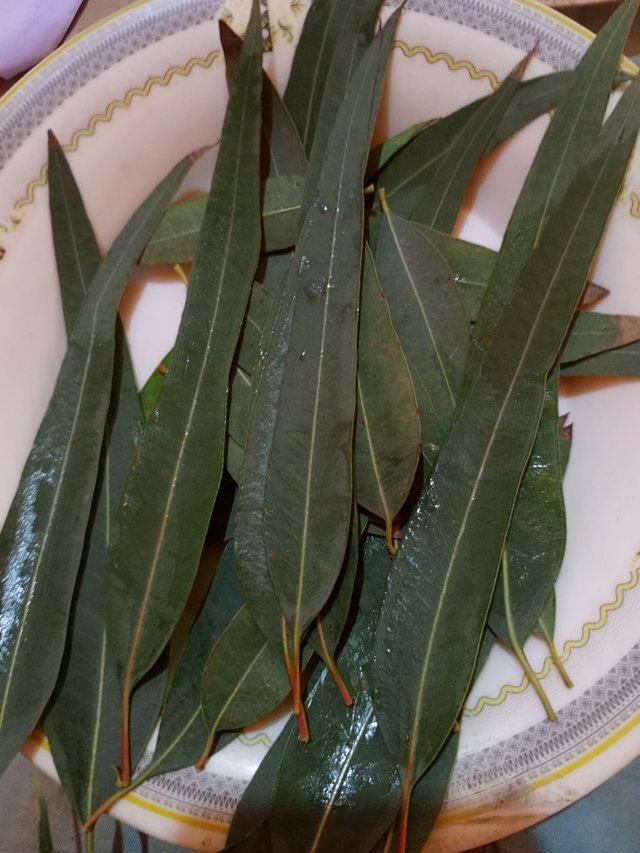
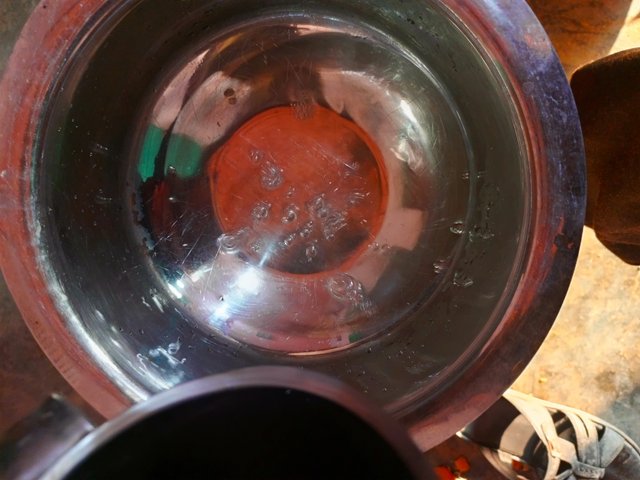
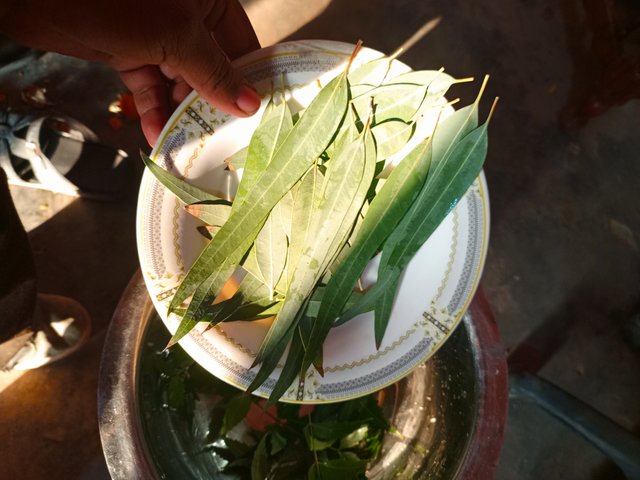
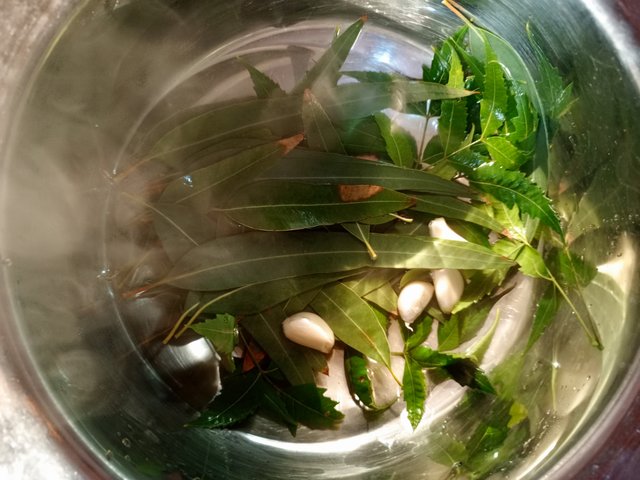

How to Use the Spray
Application on Pets
- As with any topical product, first, apply the spray on a small area on your pet’s body to see how it would react.
- Use only a fine mist and while doing this, do it on areas of your pet that fleas like to hide in such as neck, under the legs, and near the tail.
- Do not spray near the pet’s eyes, mouth or the nasal area.
- Do this again every two and three days until there are no more fleas present in the house.
Application in the Home
- Use it liberally on carpets, rugs, furniture, and pet beds and cages.
- Pay particular attention to cracks and joints where fleas prefer to ad they lay their eggs.
- Apply this method again after several days in order to remove fleas and their larvae on your pet.
Advantages of using the Natural Flea Spray.
1. Chemical-Free Solution:
This remedy is chemically inert and as such, has no adverse effects on the pets or children, nor to the environment.
2. Effective Flea Control:
Neem’s azadirachtin is effective in paralyzing flea eggs, larva, pupa and even the adult ones. Garlic and bay leaves can discourage fleas from coming around so the number of fleas is decreased.
3. Soothes Irritated Skin:
These effects of neem leaves help sooth the skin and stop the itchy feeling and redness that results from flea bites.
4. Improves Hygiene:
It also eliminates odors and its antifungal and antibacterial properties come in handy to keep the environment free from fleas.
5. Cost-Effective and Easy to Make:
This spray is very easy to make with readily available materials and with almost no effort at all.
How It Works
This natural spray works by combining the strengths of its three key ingredients:
Essentials of neem leaves acts in a way by paralyzing the flea through its nervous and reproductive system by slowly disrupting the flea life cycle.
Bay leaves and garlic produce an odor that is highly unattractive to fleas and will help to keep these pests away from your pet and home .
The combination of these ingredients forms an unfavorable climate for fleas while at the same time being friendly to your pets and you.
Precautions
1. Testing First: It is always advisable to first ‘sample’ a small area of your pet’s hair to check whether or not they have a sensitive skin to any of the components forming the solution.
2. Avoid Overuse: It should be noted that raw garlic should not be administered to pets because large doses of garlic are toxic for animals.
3. Clean Regularly: For the best outcome, use this spray alongside vacuuming, and washing of pet equipments especially the bedding ones.
Another great natural remedy that works as a flea spray involves neem leaves, bay leaves, and garlic. As for the problem of its usage, it is necessary to underline that after the constant application of this means, the flea would be driven out of both the apartment and the fur of the pet without the usage of toxic components which are potentially hazardous to health, so everyone will be happier.
Home Treatment for Skin Disease of Pets with Mustard Oil, Basil and Cabbage
Introduction
Skin problems are common in pets due to allergies, insect bites, dryness or skin infections. By using natural remedy they are relieved without them exposing themselves to other chemical health hazards. All these are natural foods and Sunflower oil has got a soothing, and antibacterial property while mustard, basil and cabbage will act as anti-inflamatory. Next I’ll show you how to make a basic herbal ointment for pet skin conditions, how to use it, and how it will help your pets skin.
Preparation Steps
Ingredients:
3 tablespoons of mustard oil
5-6 fresh basil leaves
2-3 cabbage leaves
Step 1: Prepare the Ingredients
- Rinse the basil and cabbage leaves with clean water to ensure that there is no Presence of any infectious substances such as bacteria’s and other fungus.
- Some components require the extraction of juices from the cabbage leaves and this is well done when the leaves are chopped into small pieces.
- In a mortar and pestle, lightly pound the basil leaves to get the oil from the leaves.
Step 2: Heat the Mustard Oil
- First put 3 tablespoons of mustard oil into a small saucepan.
- That heat the oil on low flame until the oil becomes wam but not hot to touch your hand, that is warm oil.
Step 3: Infuse the Oil
- Crush the basil leaves and chop the cabbage leaves and then add them to the warm mustard oil.
- Leave it to cook on low heat for about five to seven minutes. This enables the oil to absorb the healing properties belonging to basil and cabbage.
- Removethe saucepan from heat and allow the mixture to cool down fully.
Step 4: Strain the Mixture
- If the mixture is still warm after this, it can be filtered using a fine meshed sieve of cheesecloth, to separate the oil from the other components.
- After the infusion, pour the oil into a clean and air tight container for storage. It can be stored at cool, dark area and can be consumed for up to two weeks.
How to Apply the Remedy
Step 1: Test for Sensitivity
If you are using the remedy for a large surface, you need to perform a skin test due to allergic issues that may be relativity to the skin of your pet.
Step 2: Apply the Oil
- Wash the irritated part of the skin with warm water and then towel dry.
2. MOBILIZATION: For local application, apply a small quantity of the infused oil gently, with fingertip or a piece of cotton wool.
- Let the oil seep into the skin as it is.
Step 3: Frequency of Application
Use the remedy once or twice daily until the skin rash has improved.
Benefits of the Remedy
1. Mustard Oil:
Antibacterial Properties: This is due to its ability to fight skin infections brought by bacteria and other microorganisms Mustard oil.
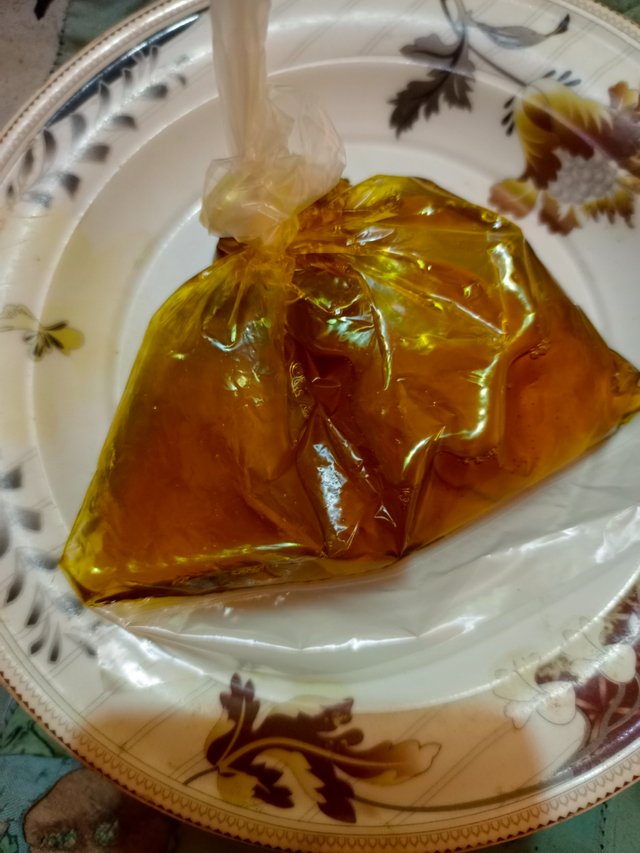
Moisturizing Effect: It gives ample moisturizing effect, more than what a normal skin requires, especially on parts of the body with dry skin conditions.
Wound Healing: It may be due to its high vitamin E content as this helps wounds such as cuts and scrapes to heal much faster.
2. Basil:
Anti-Inflammatory: Basil leaves contain eugenol, a natural essence that help diminish reddening, inflammation and soreness.
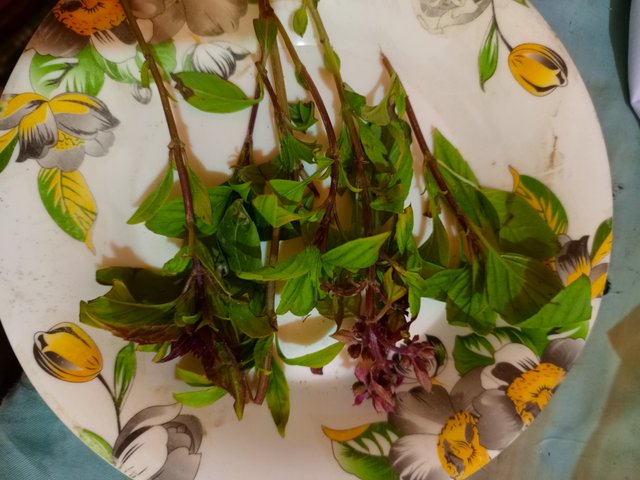
Antimicrobial Properties: Basil on the other hand prevents bacterial and fungi that may lead to skin complications.
Cooling Effect: It has this certain effect that helps to relieve scratching and burning sensations.
3. Cabbage:
Rich in Antioxidants: Cabbage is good for the skin as it has vitamin C and other antioxidants that help repair the skin.
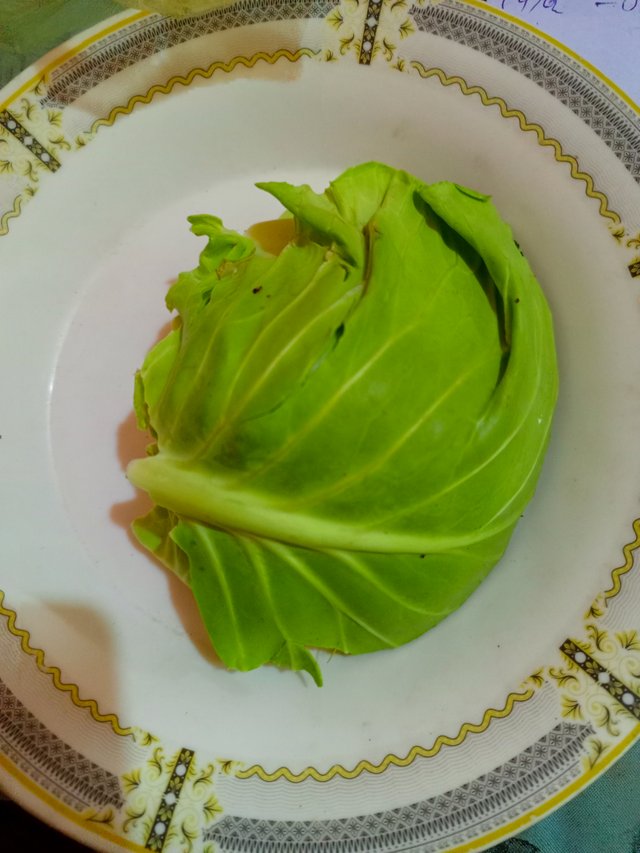
Anti-Inflammatory Properties: It prevents inflammation and assists to heal skins that have been inflamed or is irritated.
Detoxifying Effect: It displays the elements that can efficiently remove all the impurities on the skin and such contributes to formation of a layer to aid in faster healing.
How It Works
Healing and Soothing: The oil from mustard helps in providing and enhancing the skin moisture and enhances nutrient distribution to the deeper layers of the skin with basil and cabbage acting as a healing agent.
Reduction of Inflammation: Basil and cabbage have an ability to decrease swelling, redness and irritation hence improving your pets condition in the shortest time possible.
Protection Against Infections: Basil and mustard oil are potent natural antibiotics thus they help avoid reinfection and help the injured part heal faster.
Skin Regeneration: Due to the presence of antioxidants, damaged skin cells are repaired and hence give a fast restoration of the skin.
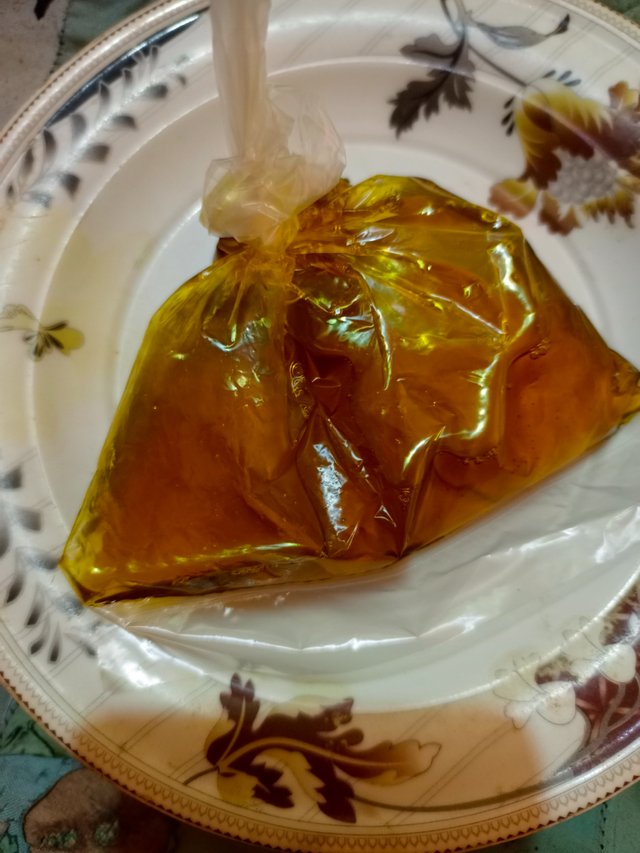
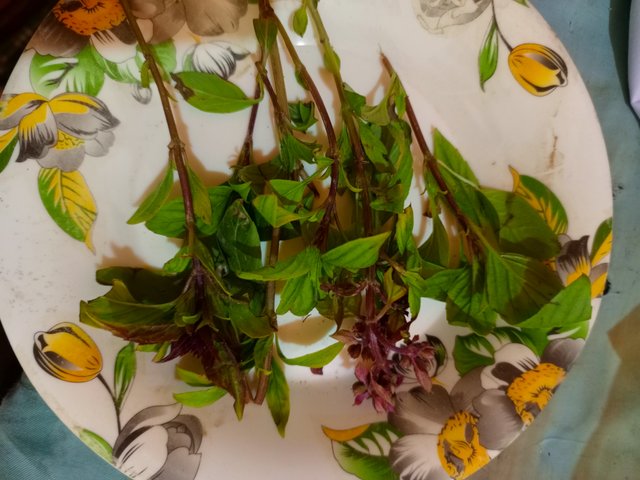
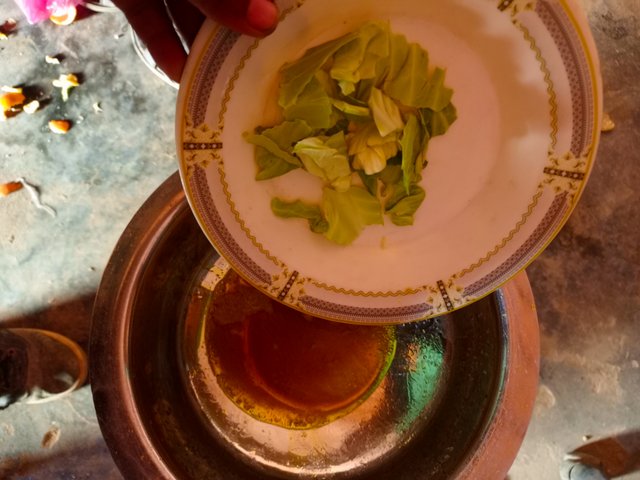
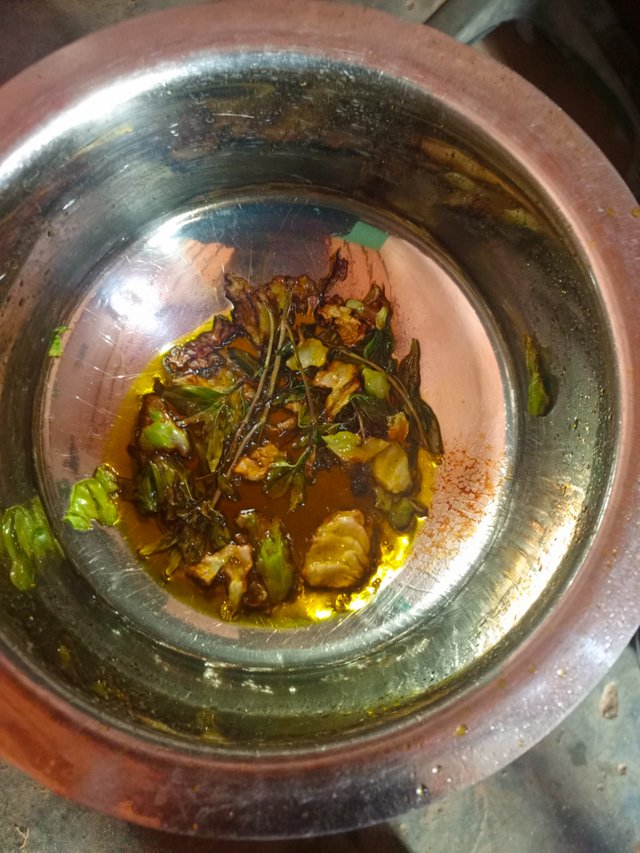
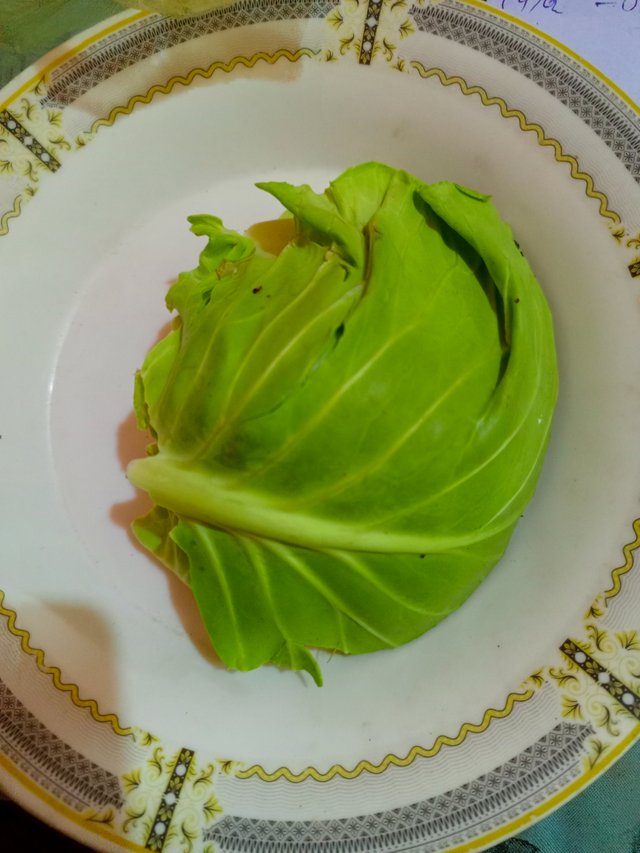
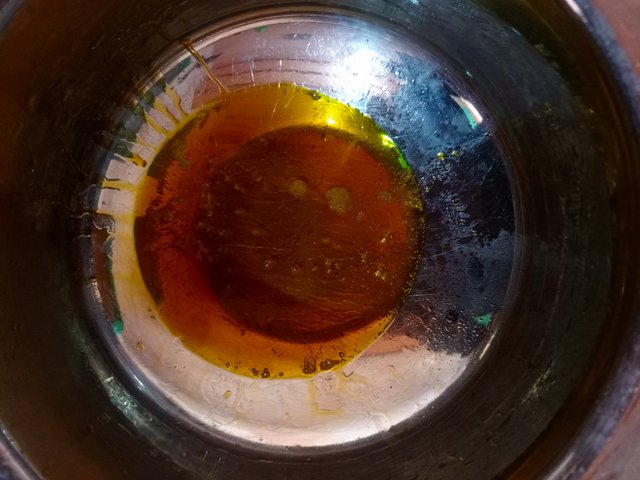
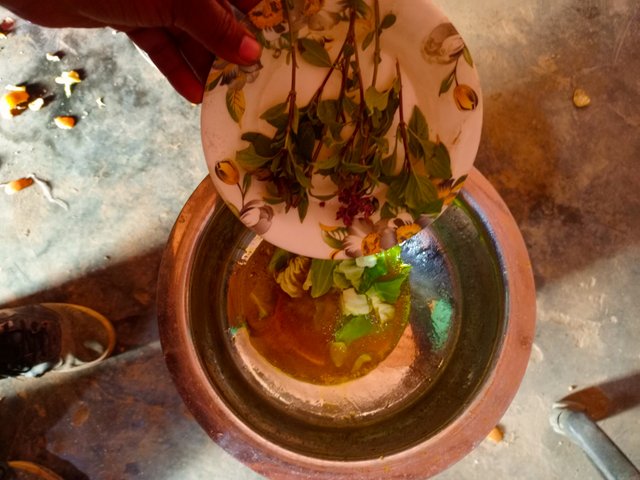
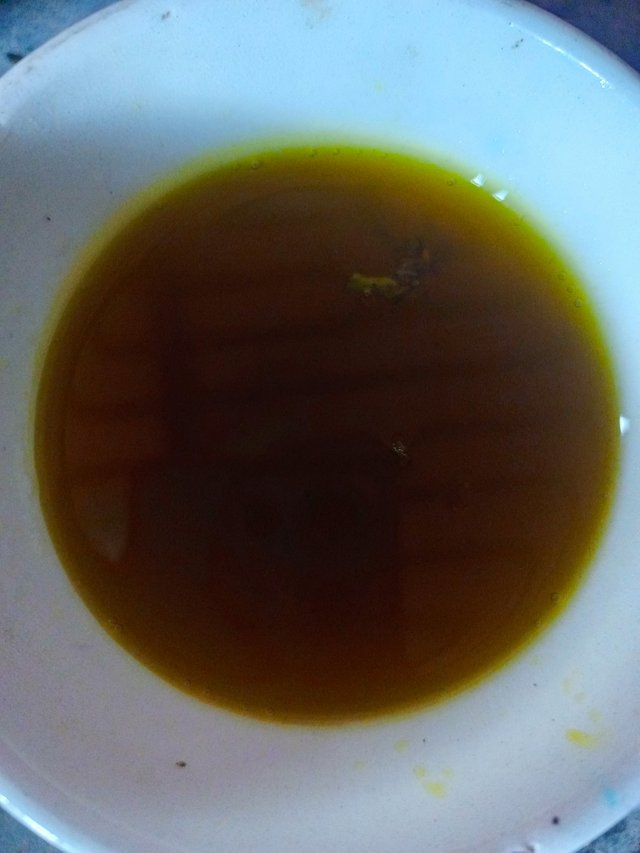
Precautions
1. Dilution and Moderation: Do not use large quantity of mustard oil and make sure that the oil is well saturated with the herbs.
2. Avoid Sensitive Areas: In case you apply the remedy in the region near the eyes, the nose or mouth, do not use the same on your pet.
3. Monitor for Reactions: Users with pets that develop a rash, exacerbated symptoms of itchiness, scratching or biting, rashes, hives, inflammation, or skin redness need to stop using the product immediately and seek medical advice.
This homemade remedy using herbs that include mustard oil, basil, as well as cabbage will help treat your pet’s skin problems. Hence, being natural and chemical free the ingredients-c technates soreness, aids on the healing process and hindrances any rousing infections. If applied on a regular basis it will assist in maintaining healthy skin for your pet and overall wellbeing of the animal.
Here is the way in which each of the items that have been listed can be blended into pet care remedies for basic ailments in pets. It is always recommended to seek advice from a vet before administering any remedy to your animal in a bid to avoid unsafe for him/her particular remedy.
| Ailment | Symptoms | Herbal Remedy | How to Use |
|---|---|---|---|
| 1. Flea Infestation | Excessive scratching, biting skin | Neem Leaves | Crush neem leaves and create a paste. Apply to affected areas or rinse the pet with neem-infused water. |
| 2. Digestive Issues | Diarrhea, vomiting, bloating | Fennel | Boil fennel seeds in water, cool, and give a small amount as a digestive tonic. |
| 3. Bad Breath | Foul-smelling breath | Mint | Crush fresh mint leaves and mix with food or water to freshen breath and improve oral hygiene. |
| 4. Respiratory Issues | Coughing, sneezing, nasal discharge | Basil | Crush basil leaves and mix them with lukewarm water or food to alleviate respiratory discomfort. |
| 5. Skin Infections | Redness, sores, itchiness | Garlic | Mash garlic cloves and mix with mustard oil. Apply lightly to infected skin areas. |
| 6. Joint Pain | Stiffness, difficulty moving | Mustard Oil | Warm mustard oil and massage gently into the pet's joints to reduce stiffness and improve mobility. |
| 7. Anemia | Pale gums, weakness | Saffron Leaves | Mix crushed saffron leaves with pet food to boost hemoglobin levels naturally. |
| 8. Wound Healing | Cuts, scratches, or open wounds | Cabbage | Crush cabbage leaves to extract juice. Apply juice or a poultice to wounds to promote healing. |
| 9. Worm Infestation | Weight loss, bloating, visible worms | Neem Leaves | Feed pets small amounts of crushed neem leaves mixed with food to combat intestinal worms. |
| 10. Nausea | Vomiting, drooling | Ginger | Mix a pinch of grated ginger into the pet’s food to soothe nausea and improve digestion. |
| 11. Loss of Appetite | Refusal to eat, lethargy | Mint | Add fresh mint leaves to food to stimulate appetite and aid digestion. |
| 12. Ear Infections | Redness, foul odor, head shaking | Garlic and Mustard Oil | Warm mustard oil infused with crushed garlic, cool, and use a few drops in the ear as a natural antibacterial. |
| 13. Eye Infections | Red, watery eyes | Saffron Leaves | Soak saffron leaves in clean water and use the infusion to rinse the eyes gently. |
Uses of ingredients
- Mint Leaves: Popular for sorting out breath issues and lessening inflammations in The stomach.
- Ginger: Good for respiratory conditions also nausea but should not be used too frequently as it is very strong.
- Fennel: A herb that is automatically used to ease digestion and also to [(prevent gas)] formation and improve appetite.
- Neem Leaves Treatment of skin ailments enhances immunity and fighting fleas and other insects antifungal properties.
- Saffron Leaves: Well known for its anti inflammatory qualities which can be effective in the circumstances such as eyes inflammation and irritation.
- Garlic: It is classified as a mild antiparasitic but must be administered in small quantities only because large doses pose toxicities.
- Mustard Oil: For jointcare/wound healing them warm and help take away the pain.
- Musk (if pet-safe): Make sure it is safe for pets and only apply in moderation because the concoction is a natural stimulant.
- Whole Cabbage: Contains fiber for the benefit of the colon for those with mild constipation.
Precautions
- Consult a Veterinarian: Notify everyone whenever There is a change of products to Avoid introducing new products especially to Delicate animals like those of small Sizes or those with some underlying health conditions.
- Dosage Control: All the remedies used as should be in small pet proportions And will do no harm to your pet. [(Consuming too much)] of garlic, or mustard oil can also create some effects.
Using products: A comparison between using a Product and using an ingredient in a Product Verizon Verizon Wireless using the Verizon brand at the Verizon Wireless store Using a Product Verizon Verizon Wireless using the Verizon brand at the Verizon Wireless store
Observe Reactions: Adverse reactions rash itching difficulty swallowing or breathing or other signs of irritation or discomfort while using or after using this product.
When used appropriately these natural substances are wonderful boosters of your pet s wellbeing.

i would like to invite @wilmer1988 @josepha @goodybest to take part in this contest
Reagrd For Me @shabbir86
